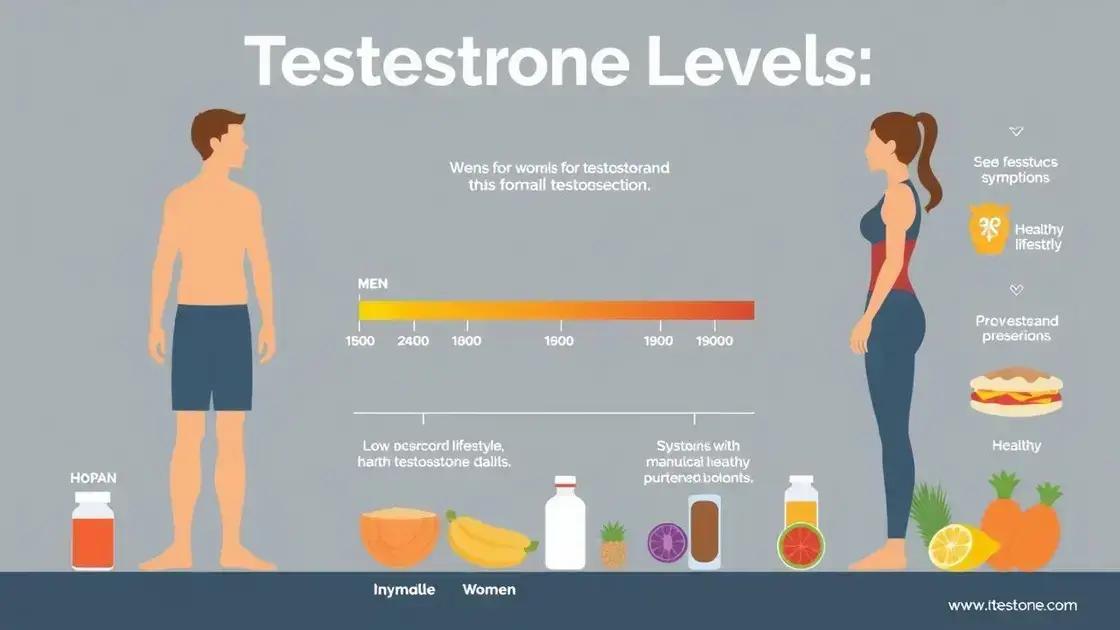
Low-Carb Living: Delicious Recipes That Make Cutting Carbs a Breeze!
Low-carb diets have gained significant popularity over the last couple of decades as a method for weight loss and health improvement. The primary concept underlying these diets is to reduce carbohydrate intake while increasing the consumption of proteins and fats. This article delves into the various aspects of low-carb diets, their potential benefits, drawbacks, and more.
What is a Low-Carb Diet?
A low-carb diet restricts carbohydrates, mainly found in sugary foods, pasta, and bread. Instead, it emphasizes foods rich in protein and fat. While the exact amount of carbohydrate restriction varies among diets, generally, the goal is to consume fewer than 150 grams of carbohydrates per day.
Popular Types of Low-Carb Diets
There are several types of low-carb diets, each varying in carbohydrate intake and food choices. Some of the most popular include:
- Keto Diet: This is a very low-carb, high-fat diet that aims to put the body into a metabolic state called ketosis, where it burns fat for fuel instead of carbohydrates.
- Atkins Diet: A phased approach to low-carb eating that gradually reintroduces carbohydrates while focusing on protein and fat.
- Paleo Diet: Focuses on whole foods similar to what might have been eaten during the Paleolithic era. It emphasizes lean meats, fish, fruits, vegetables, nuts, and seeds while avoiding processed foods.
- South Beach Diet: A phased diet that focuses on healthy carbohydrates and low-glycemic-index foods.
Potential Benefits of Low-Carb Diets
Many individuals turn to low-carb diets for a variety of reasons, including weight loss and improved overall health. Some of the benefits associated with these diets include:
- Weight Loss: Reduced carb intake can lead to decreased hunger, which may help many people consume fewer calories and lose weight. Studies indicate that low-carb diets may be particularly effective in reducing visceral fat.
- Improved Triglycerides and HDL Levels: Low-carb diets may lower triglycerides and raise HDL (high-density lipoprotein) cholesterol levels, which can contribute to a reduced risk of heart disease.
- Blood Sugar Control: For people with diabetes, low-carb diets can help manage blood sugar levels and reduce the need for insulin in some cases.
- Lower Blood Pressure: A reduction in carb intake can significantly decrease blood pressure, which could reduce the risk of heart disease and strokes.
What to Eat on a Low-Carb Diet?
The food choices on a low-carb diet generally include:
- Meats: Beef, pork, chicken, and lamb.
- Fish: Salmon, trout, and mackerel.
- Low-Carb Vegetables: Leafy greens, broccoli, cauliflower, peppers, and zucchini.
- Dairy: Cheese, butter, and yogurt (preferably unsweetened).
- Nuts and Seeds: Almonds, walnuts, sunflower seeds, and chia seeds.
- Healthy Fats: Olive oil, avocado oil, and coconut oil.
Challenges of Low-Carb Diets
Despite their benefits, low-carb diets also pose certain challenges:
- Nutrient Deficiencies: Restricting carbohydrates may lead to a lack of essential nutrients found in fruits, whole grains, and legumes.
- Keto Flu: Many people experience flu-like symptoms when starting a very low-carb diet due to the body adjusting to ketosis.
- Social Situations: Following a strict low-carb diet can sometimes be socially isolating, as many common foods are high in carbohydrates.
- Long-term Sustainability: Some individuals may find it challenging to maintain a low-carb lifestyle over the long term, which could lead to weight regain.
The Science Behind Low-Carb Diets
Research into low-carb diets has produced mixed results. Short-term studies generally show that participants on low-carb diets lose more weight compared to those following higher-carb diets. However, the long-term effects and sustainability are still debated among researchers. Some studies suggest that adherence to a balanced diet rich in whole foods, not necessarily low in carbohydrates, can also be effective for weight management and health improvement.
Conclusion
Low-carb diets can offer various benefits, including weight loss and improved metabolic health. However, it’s essential for individuals to consider their personal health needs and goals before starting such a diet. Long-term adherence may pose challenges, and potential nutrient deficiencies should not be overlooked. As with any dietary approach, consulting with a healthcare professional or a registered dietitian is recommended to tailor a plan that best suits one’s individual circumstances.
FAQs
1. Can I eat fruits on a low-carb diet?
Fruits are generally higher in carbohydrates, but some low-carb diets allow for small portions of low-sugar fruits such as berries. It’s essential to monitor your carbohydrate intake.
2. Will a low-carb diet affect my energy levels?
Initially, you may experience decreased energy as your body adjusts to burning fat for fuel instead of carbohydrates. However, many people report heightened energy levels after adapting to the diet.
3. Is a low-carb diet suitable for everyone?
No, a low-carb diet may not be suitable for everyone, particularly those with certain medical conditions. It’s best to consult with a healthcare provider.
4. How long should I stay on a low-carb diet?
The duration of a low-carb diet varies by individual. Some people find it effective for short-term weight loss, while others may maintain it as a lifestyle. Long-term sustainability is key.
5. Are there any risks associated with low-carb diets?
Potential risks include nutrient deficiencies and negative effects on heart health if unhealthy fats are consumed. Always prioritize whole foods and consult with a healthcare professional.
For more information and discussions on dietary approaches and health supplements, check out the following resources:
Low-carb diets have gained significant popularity over the past few decades, often touted for their potential to promote weight loss and improve overall health. These diets typically limit the intake of carbohydrates, emphasizing the consumption of proteins and fats instead. As a result, foods such as bread, pasta, sugar, and starchy vegetables are minimized, while meats, eggs, dairy, nuts, and leafy greens are encouraged. The underlying premise of low-carb diets is that by reducing carbohydrate intake, the body enters a state of ketosis, where it more efficiently burns fat for energy rather than relying on glucose.
One of the primary benefits associated with low-carb diets is weight loss. Research shows that individuals who adhere to a low-carb eating plan often experience a greater reduction in body weight compared to those following traditional low-fat diets. This is in part due to the appetite-suppressing effects of protein and fat, which can lead to a natural reduction in calorie intake. Furthermore, low-carb diets can be particularly effective for those who struggle with insulin resistance or metabolic syndrome, as they help stabilize blood sugar levels and decrease insulin spikes after meals.
Despite their potential advantages, low-carb diets are not without controversy. Critics argue that eliminating or significantly restricting carbohydrates can lead to nutritional deficiencies, particularly if the diet lacks whole grains, fruits, and certain vegetables. These foods are rich in essential nutrients and dietary fiber, which play a crucial role in digestive health and overall well-being. Moreover, some individuals may find the restrictive nature of low-carb diets difficult to maintain over the long term, leading to cycles of yo-yo dieting and eventual weight regain.
Another consideration is the impact of low-carb diets on heart health. While some research suggests that low-carb diets can lead to improvements in cholesterol levels and other markers of cardiovascular health, other studies raise concerns about the long-term consumption of high saturated fat from animal products. A balanced approach that includes healthy fats, such as those from avocados, nuts, and olive oil, is essential to mitigate any potential risks. Ultimately, individuals need to assess their unique health conditions and dietary needs when contemplating a low-carb eating approach.
In conclusion, low-carb diets can be an effective tool for weight loss and managing certain health conditions, particularly in the short term. However, it is crucial for individuals to consider their long-term dietary habits and the potential for nutritional imbalances. Consulting with a healthcare professional or registered dietitian can provide personalized guidance and ensure that the chosen eating plan is aligned with one’s health goals. As with any diet, sustainability and balance are key to achieving lasting results and supporting overall health.






